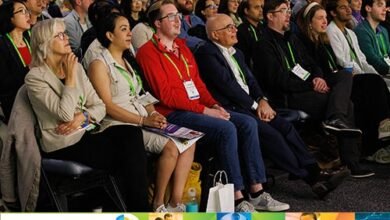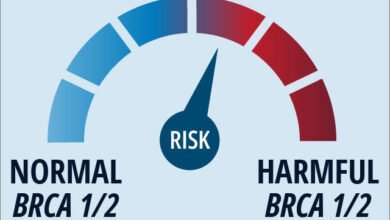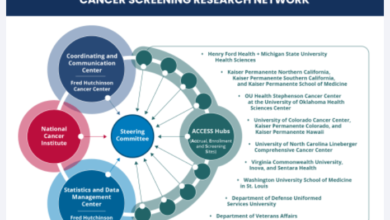A Cancer Story From Australia

Nobody wants to join the Cancer Community but once a member, many of us have found and given support over the years. I’m fortunate and get to speak to people across the globe. It’s interesting to see how much we have in common wherever we live. But also, some of the unique issues to a particular area. Today Ceara from Australia shares her story with us.
At the very start of 2020, I learned I was dying. De novo metastatic breast cancer. I was 34 years old, with a flourishing career as a psychologist, a husband who I adored, and a full life here in Australia. I was shocked but not surprised, as I have a rare and dangerous autoimmune disease called Evans Syndrome. The treatments I need to stay alive are carcinogenic. Even without cancer, I live on borrowed time. Having more than one near-death experience.
The first days were hard, as I went from having a ‘life-threatening illness’ to a ‘terminal one. I imagined my feelings of sadness, grief, and anger manifesting physically, and made space in my body for them. Holding them gently and giving them compassion no matter how much I wanted to run away from it all. I didn’t though. I knew it wouldn’t change the reality. I embraced the feelings. I let myself cry without feeling shame and soothed myself by blowing up balloons and rocking back and forth – two tricks I use as a therapist.
Everyone knows what cancer is. Everyone is touched by it, directly or indirectly. ‘Cancer’ is a powerful word because of this. It is powerful in a way that other diagnoses often are not. I tell someone I have Evans Syndrome and I get confused looks. I say I have cancer, and people immediately respond. There’s power in that, and I decided to use it to fight for a better world.
I knew I would never like the reality of my shortened life, but I could accept it. In accepting reality and embracing my grief, it made room for joy, beauty, and love. I painted, wrote, went on bushwalks, and delighted in my many friends, family, and loved ones across the world. That prompted me to consider what more I could do to leave the world a little better than I had found it.
I became an activist.
I thought about what I wanted from my death and realised that I probably wouldn’t have the choices I would like to have. I want to die at home, surrounded by loved ones, still awake and alert, able to help those I care about to process their grief and celebrate my life. I don’t want to die alone in a hospital bed, with no visitors allowed because of COVID restrictions, insensible from palliation, and in pain. I know my illnesses will take my life, but I don’t want them to take my death. I know many other people feel much the same way I do. I decided I could use my new-found label of ‘terminally ill cancer patient’ to do some good in the world.

I joined the fight for voluntary assisted dying (VAD) law in Australia. I had always been a supporter, but now I could use the power of lived experience to make a difference. I found myself writing submissions and letters to politicians. I managed to get myself on the front page of the paper talking about VAD. I’m in a video, merrily debunking arguments used by religious bodies about why they should have control over my body. I’ve spoken at rallies and on podcasts. I’ve had deeply meaningful conversations with politicians where we have both been in tears. I’ve spoken bluntly about what it is like to know I’m dying.
In fighting the good fight, I’ve met friends. I’ve lost some too, especially some of my fellow activists. One of the best but most difficult things about campaigning for the rights of dying people is that you meet a lot of dying people, connect with them, and then grieve for them. My grief makes me strong. I’m not just fighting for my own rights. I’m fighting for theirs.
Here in Australia, we’ve made real progress. VAD is now legal in every state in the country. There is so much more for me to fight for to make a better world – for stage 4 research, for access to better social supports and treatment, to eliminate poverty and homelessness for all of us, for more resources for palliative care and hospices. I fully intend to keep on fighting, especially for the causes where I can leverage the power that comes with being a cancer patient. I might not have the power to stop having cancer, but I have the power to change the world. I’m going to use it.
I would like to thank the incredible Ceara for sharing her story with us. You can find more from her on Twitter @CearaRickard Please feel free to get in touch if you would like to share your own experiences.
Related
Source link
#Cancer #Story #Australia



